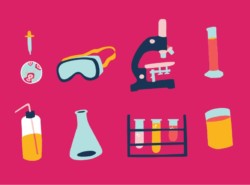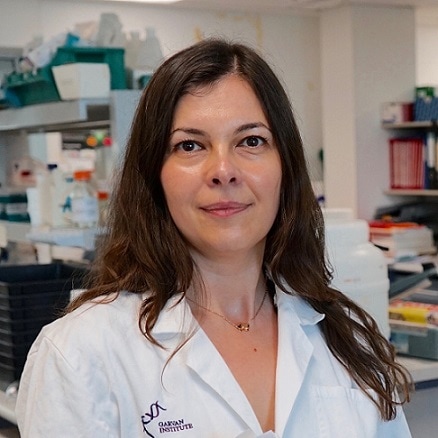
Developing New Immunotherapies for Triple-Negative Breast Cancer
Published: 10/7/19 11:23 PM

Tatyana Chtanova
- Project description: Dr Tatyana Chtanova and her team will develop effective immunotherapeutic approaches to treat triple negative breast cancer (TNBC).
- Why this work is needed: Immunotherapies show great promise for treating skin cancers but are much less effective for breast cancer. Dr Chtanova aims to address this problem by developing new immunotherapy treatment approaches for breast cancer.
- Expected outcomes: Dr Chtanova will apply her new approach to the treatment of TNBC tumours in experimental models in the hope that new treatment options will be available for patients with TNBC in the future.
Project details
A diagnosis of triple-negative breast cancer (TNBC) means that the tumour lacks the three most common types of receptors known to fuel breast cancer growth. Unfortunately, this means that the most common forms of treatment, which target those receptors, are ineffective. TNBC occurs in between 10% and 20% of cases and is more likely to affect younger people and those with a genetic predisposition.
Whilst chemotherapy is often effective for TNBC, new treatment options are still needed. Immunotherapy, where the body’s own immune system is recruited to fight the cancer, is showing enormous promise for solid cancers such as metastatic melanoma and lung cancer. However, current immunotherapy techniques are only proving effective in a small subset of breast cancer patients.
Current immunotherapies generally target the “adaptive” immune system, which develops a response to a particular threat to the body. Dr Tatyana Chtanova and her colleagues have developed a new immunotherapy method which targets the more general, “innate” immune system. She has previously shown that this method can stop tumour growth in experimental models of lung cancer.
In this new NBCF-funded project, Dr Chtanova will apply her new approach to the treatment of TNBC tumours in experimental models. It is hoped that this will result in new treatment options for patients with TNBC in the future.